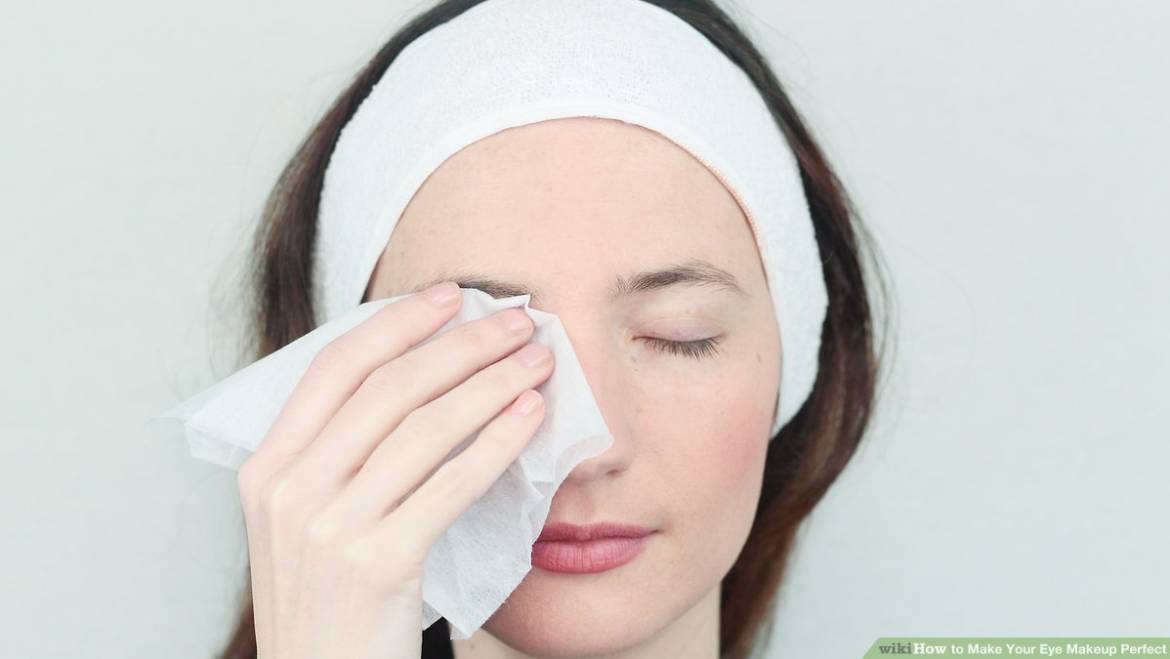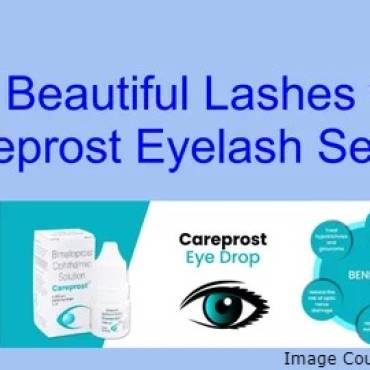Your eyes are an integral part of your body. You can do things to keep them healthy and to maintain the best eye vision.
This article outlines the best supplement for improving eyesight and provides some effective eye care routine tips to help you maintain healthy eyes.
Vitamins for eye health
Most of us ignore basic eyesight care as we are unaware that some daily things directly impact our eye health. Many nutrients and vitamins for eye health help support your eye function. So, what are the best eye vitamins? Vitamins A, C, and E are crucial in maintaining good eye health. Vitamin deficiencies can increase the risk of some eye diseases, such as glaucoma, cataracts, and age-related macular degeneration. This is why a comprehensive eye check-up is suggested in a year. Other than correcting your vision and ensuring clear vision, regular eyesight tests can help detect these eye conditions. According to research studies, some vitamins for eyesight and mineral eye health supplements may help protect against or slow the development of these conditions.
Some common eye problems can be prevented with routine eye care. How to take care of your eyes? Keep reading to get to know about a daily eye care routine.
- Have a comprehensive dilated eye exam
You might think your vision is fine or you have healthy eyes, but visiting an ophthalmologist (an expert in treating eye problems) for a comprehensive dilated eye exam is the only thing you should be sure of. Some people don’t realize that their vision could be improved with glasses or contact lenses. In addition, many eye disorders, such as diabetic eye disease, glaucoma, and age-related macular degeneration, often have no warning signs. A dilated eye exam is the best way to detect eye problems in the early stages.
While performing a comprehensive dilated exam, your ophthalmologist places a drop in your eyes to dilate so that more light enters the eye, allowing the ophthalmologist to get a clear view of the back of the eye and examine them for any signs of damage or eye disease. Your ophthalmologist is the one who can determine if your eyes are healthy or if you need eye treatment.
- Aware of family’s eye health history
Talk to your ophthalmologist about your eye health history. It is important to know if you have been diagnosed with an eye condition since many are hereditary. This information helps determine if you are at a greater risk of developing an eye condition.
- Eat healthy to protect your vision
How do you treat your eyes better? Well, as mentioned above, deficiencies in vitamins can affect vision. Make sure you get all the vitamins for eye health. In addition, you might have heard that carrots are good for eyesight. But eating a diet rich in vegetables and fruits, particularly dark green leafy greens such as kale, spinach, or collard greens, is important for healthy eyes. According to research studies, eating fish high in omega-3 fatty acids, including tuna, halibut, and salmon, has also been an eye health benefit.
- Maintain a healthy weight
Being overweight or obese increases the risk of developing diabetes and systematic conditions that can contribute to vision loss, such as glaucoma or diabetic eye disease. If you have difficulty maintaining a healthy weight, speak to your doctor.
- Protect your eyes from the sun
Wear protective eyewear, including safety glasses, goggles, eye guards, and safety shields, specially designed to protect certain outdoor activities.
- Quit smoking
Smoking is bad for your eyes and the rest of your body. As per research studies, smoking is associated with an increased risk of developing an age-related cataract, macular degeneration, and optic nerve damage, leading to blindness.
- Wash your hands and clean your contact lenses
To avoid the risk of infection, always wash your hands thoroughly before putting or taking out your lenses. Also, disinfect your lenses as instructed and replace them when needed.
- Practice eye safety at the workplace
Employees are required to practice safety measures to have a safe work environment. Always wear protective eyewear, especially when sitting in front of a computer or laptop screen. Also, encourage your co-workers to do the same.
- Give your eyes a rest
If you are involved in a job where you need to spend a lot of time on a computer or focus on anything, you forget to blink or bink very little, and your eyes can get fatigued. Ensure you look away every 20 minutes, about 20 feet, for at least 20 seconds. This helps to reduce eyestrain.
What to avoid to maintain eye health?
Some of our daily habits may seem harmless, but in the long run, they could get troublesome. Bad habits could increase your risk of developing eye problems such as cataracts, glaucoma, and myopia. Harmful practices that everyone should avoid:
- Using dirty eye makeup
- Using computers or phones for extended periods
- Smoking
- Sleeping less than eight hours
Fortunately, in most cases, if you turn your bad habits around, your eye condition will usually improve. This is especially applied when it comes to bad habits like smoking. Smokers are more likely to develop dry eye conditions.
Verdict!
Set your eye care routine, and fix an appointment with your ophthalmologist to maintain a clear vision. However, eating right, using eye protection, and keeping your eyes clean can ensure you enjoy healthy vision. Starting with good eye health habits at a young age will help you create a lifestyle promoting healthy eye vision. Use eye care products as prescribed by your ophthalmologist.



